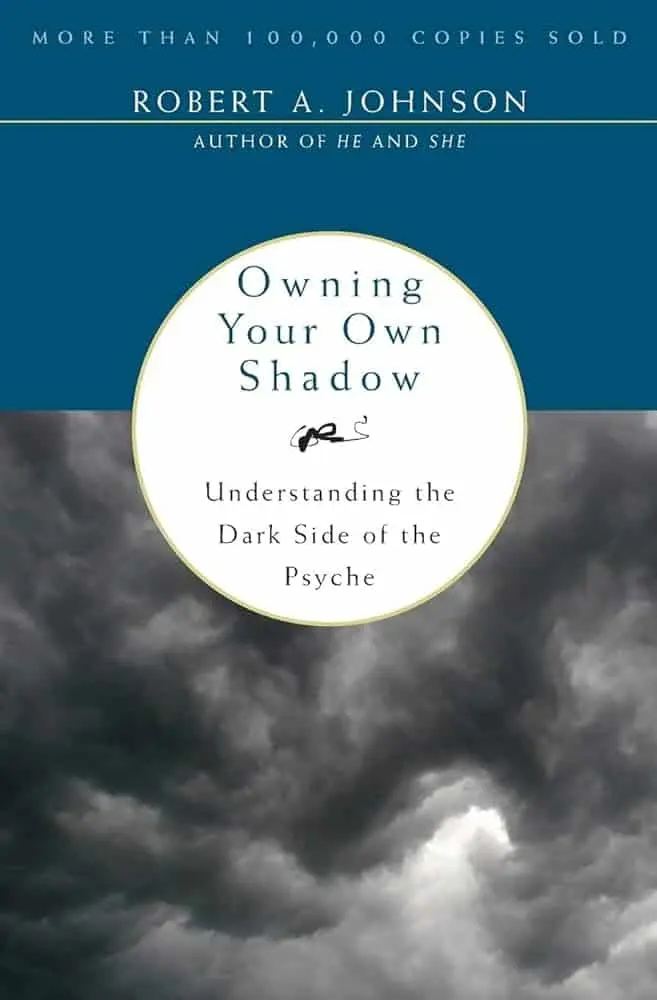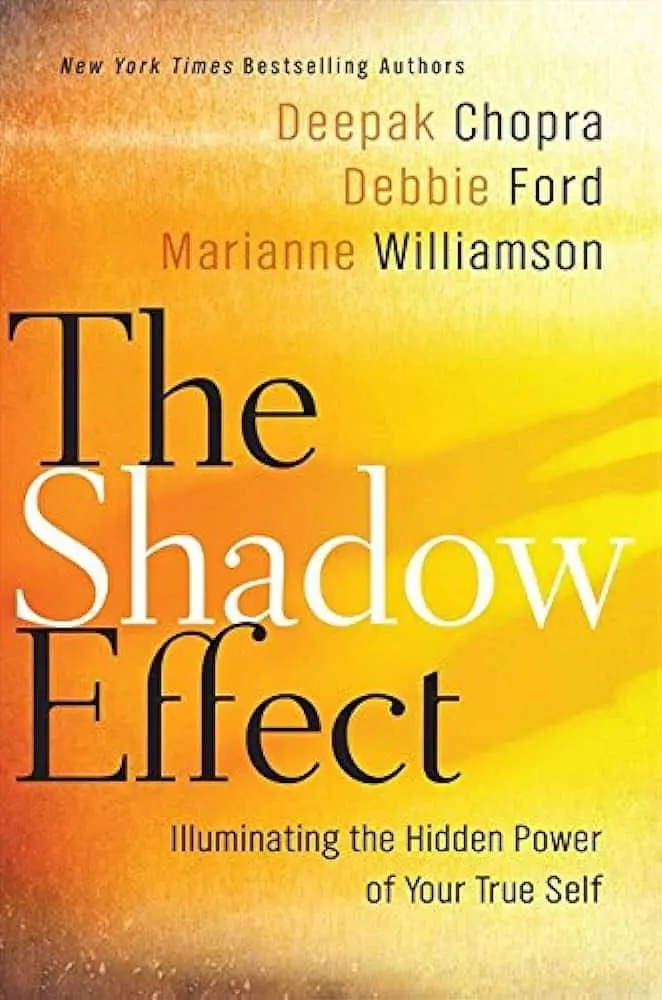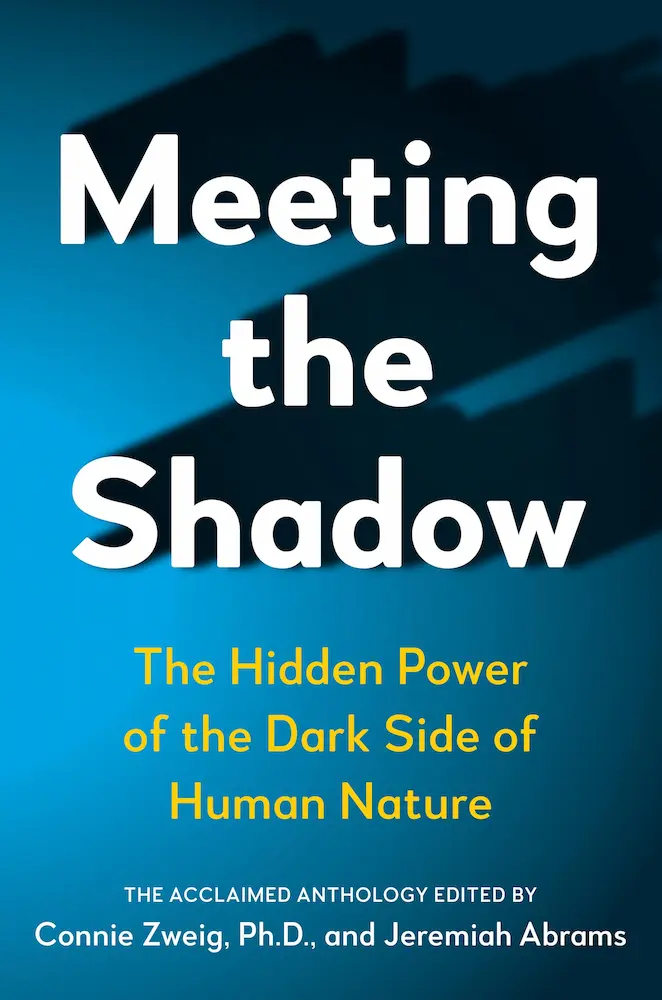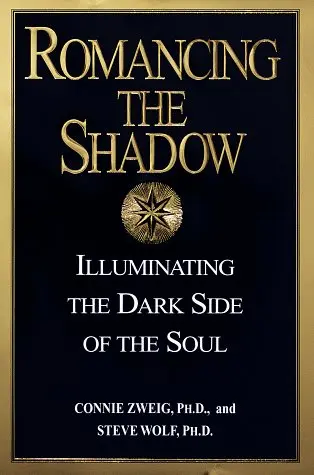Shadow Work Books Worth Reading
The internet is overflowing with advice on how to live our best lives. From self-care routines to mindfulness practices, there are countless suggestions for becoming happier, healthier, and more fulfilled. Yet, one practice that’s gaining traction in personal development is shadow work. For many, the gateway to this transformative journey is through shadow work books.
What is Shadow Work?
Before diving into the best shadow work books, it’s crucial to understand what shadow work actually is. The concept of the “shadow” was introduced by Swiss psychiatrist Carl Jung. According to Jung, the shadow represents the unconscious side of our psyche that we typically suppress or deny. It’s the darker part of our personality that holds our repressed desires, fears, and insecurities.
Shadow work is the process of bringing these hidden parts of ourselves into the light, understanding them, and integrating them into our conscious awareness. This means recognizing aspects of ourselves that we might not want to acknowledge—the parts that harbor our shame, guilt, anger, and fear. By facing and accepting these parts, we can achieve greater self-awareness, emotional healing, and personal growth.
If you want to learn more about what shadow work is before reading the rest of this article read our main blog post “What is Shadow Work?”.

Why is Shadow Work Important?
Shadow work might initially seem intimidating or even unnecessary. After all, who wants to confront their darkest thoughts and feelings? However, shadow work is vital for several reasons:
- Self-Awareness: By uncovering our shadow, we gain a deeper understanding of who we truly are. This self-awareness can help us identify patterns in our behavior, especially those that might be limiting us or causing harm to ourselves or others.
- Emotional Healing: Many unresolved emotions are buried in our shadow. Bringing them to the surface allows us to process and heal from past traumas, leading to emotional freedom and inner peace.
- Personal Growth: Shadow work encourages us to face our fears, insecurities, and negative beliefs. By confronting these aspects, we can transform them into strengths, fostering personal growth and resilience.
- Improved Relationships: Understanding our shadow helps us recognize how we might project our insecurities or unresolved issues onto others, leading to healthier, more genuine relationships.
To learn more about shadow work and journaling you can also read our other blog post “Shadow Work Journaling”.
How Shadow Work Books Can Help
Embarking on the journey of shadow work can be daunting, but shadow work books provide valuable guidance for anyone interested in exploring their inner world. These books offer insights, exercises, and support to help you navigate the process. Whether you’re just starting out or already familiar with the concept, there’s a shadow work book that can assist you.
Top Shadow Work Books to Consider

“Owning Your Own Shadow: Understanding the Dark Side of the Psyche”
by Robert A. Johnson
This classic book is ideal for beginners in shadow work. Jungian analyst Robert A. Johnson provides a straightforward introduction to the concept of the shadow and offers practical advice on confronting and integrating it. It’s concise and easy to read, making it perfect for those just starting out.

“The Shadow Effect: Illuminating the Hidden Power of Your True Self”
by Deepak Chopra, Debbie Ford, and Marianne Williamson
A collaborative effort by three renowned authors in personal development, this book explores how our shadows, often viewed as negative, can be sources of tremendous power and transformation. With personal stories, exercises, and spiritual insights, it encourages embracing our shadows to unlock our true potential.

“Meeting the Shadow: The Hidden Power of the Dark Side of Human Nature”
by Connie Zweig and Jeremiah Abrams
This anthology offers a comprehensive exploration of the shadow, including essays by leading psychologists, therapists, and spiritual teachers, including Carl Jung. It covers various aspects of the shadow, from its role in creativity to its impact on relationships, and includes practical exercises for shadow work, making it suitable for both beginners and advanced practitioners.

“The Dark Side of the Light Chasers: Reclaiming Your Power, Creativity, Brilliance, and Dreams”
by Debbie Ford
Debbie Ford guides readers in uncovering the parts of themselves that they often hide or deny. She argues that embracing our “dark side” enables us to tap into our full potential and live more authentically. The book includes exercises and reflections to help readers identify and integrate their shadow selves.

“Romancing the Shadow: Illuminating the Dark Side of the Soul”
by Connie Zweig and Steve Wolf
Framing shadow work as a romantic journey of self-discovery, this book offers a step-by-step approach to shadow work, with exercises and real-life examples. It’s particularly helpful for those exploring how the shadow affects relationships and intimacy.

“Integral Life Practice: A 21st-Century Blueprint for Physical Health, Emotional Balance, Mental Clarity, and Spiritual Awakening”
by Ken Wilber, Terry Patten, Adam Leonard, and Marco Morelli
Although not solely focused on shadow work, this book includes a comprehensive section on the shadow’s role in personal development. It takes a holistic approach to growth, integrating shadow work with other practices like meditation, physical exercise, and spiritual exploration. It’s an excellent choice for those seeking a well-rounded approach to self-improvement.
How to Choose the Right Shadow Work Book for You
With so many shadow work books available, how do you pick the right one? Here are some tips:
- Assess Your Current Understanding: If you’re new to shadow work, start with a book that offers a basic introduction, like “Owning Your Own Shadow.” For a deeper dive, consider books like “Meeting the Shadow” or “Romancing the Shadow.”
- Consider Your Preferred Approach: Some books, like “The Shadow Effect,” take a spiritual approach, while others, like “The Dark Side of the Light Chasers,” offer a psychological perspective. Choose the approach that resonates with you.
- Look for Practical Exercises: If you prefer a hands-on approach, select a book with practical exercises, journaling prompts, or guided meditations. These tools can help you engage more deeply with the material and apply what you’re learning.
- Read Reviews and Excerpts: Before choosing a book, read reviews and check out excerpts if available. This will give you an idea of the author’s style and whether the book fits your needs and preferences.

Tips for Getting Started with Shadow Work
Embarking on shadow work can be challenging but rewarding. Here are some tips to help you get started:
- Create a Safe Space: Shadow work involves exploring potentially painful or uncomfortable emotions. Create a safe, supportive environment for this process, whether it’s a quiet room, a comfortable chair, or a journal where you can freely express yourself.
- Be Gentle with Yourself: Shadow work can bring up intense emotions and memories. It’s crucial to be kind to yourself during this process. Remember, shadow work is a journey, not a race. Take your time and allow yourself to feel without judgment.
- Seek Support: If shadow work feels particularly challenging, consider seeking support from a therapist or counselor. A professional can provide guidance and support as you navigate this process.
- Practice Self-Care: Since shadow work can be emotionally draining, it’s essential to practice self-care. This could involve taking a relaxing bath, spending time in nature, or engaging in a creative activity that brings you joy.
- Reflect and Integrate: After each shadow work session, take some time to reflect on what you’ve learned. Think about how you can integrate these insights into your daily life. Remember, the goal is not just to uncover your shadow but to embrace and integrate it into your whole self.
Conclusion
Shadow work is a powerful tool for self-discovery, healing, and personal growth. While facing the darker parts of ourselves can be challenging, the rewards of this journey are immense. Shadow work books offer invaluable resources for anyone looking to embark on this transformative path. Whether you’re a beginner or someone with more experience, there’s a shadow work book out there to guide you on your journey to self-awareness and wholeness.
If you’re ready to explore your inner world, pick up a shadow work book and start your journey today. Remember, the shadow is not something to fear—it’s a part of you that, when embraced, can lead to greater understanding, healing, and personal growth.







